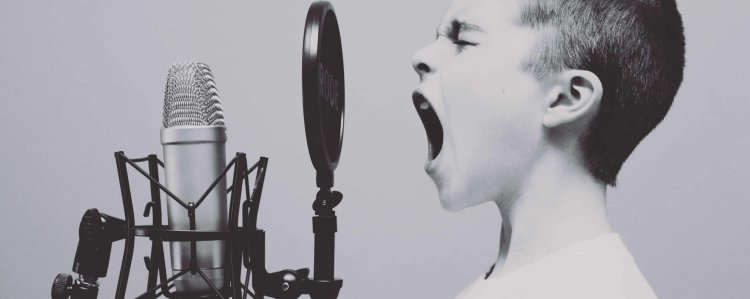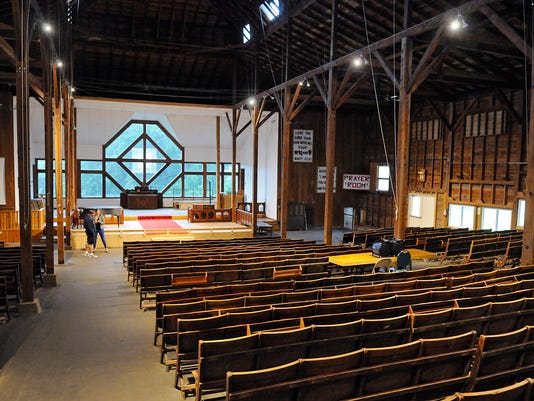When You Can’t Taste the Bread
“I am the
bread of life,” Jesus told them. “No one who comes to me will
ever be hungry, and no one who believes in me will ever be
thirsty again.” John 6:35
I think
for most people the aroma of baking bread is one of the wonders of scent. Why
does something that tastes so yummy also smell so enticing? And, as a staple of
life, bread is ubiquitous. Every culture has its breads; flat breads, grilled
breads, yeast breads, wheat, rye, oat. Well, you get the idea.
The
perfect morning would be to smell both newly brewed coffee and freshly baked
bread upon waking. The buttery dough saturates your tongue as the brightly
bitter brew washes it down. In most homes, that is enough to get you going for
the day.
Smell
seems to be connected to memory. In the early 1980s I worked for Laird’s Office
Supply and Business Forms. My territory included both San Francisco and the
East Bay. I was hired to go to any business that did not have accounts with the
firm and cold call, developing new clients.
Once or
twice a week I drove across the Bay Bridge from our office in Oakland to San
Francisco. If the breeze was just right, at a certain point where the freeway
turned north into downtown San Francisco, two aromas met in an atmospheric
elixir I’ll never forget. Folger’s Coffee was just to the south and the many
sourdough bakeries were northeast. The slightly acrid perfume of roasting
coffee beans met the yeasty output of the sourdough ovens. The combination was
heaven to the sense of smell.
Jesus
had just miraculously fed 5,000 people with a boy’s lunch of loaves and fishes.
People were astounded and followed him up and down the coast. He turns to the
crowd, telling them they weren’t looking for him because of “signs” but “you
ate the loaves and were filled.”
As
Jesus often does, he takes something tangible and teaches a spiritual lesson.
Bread isn’t really bread as he begins his unusual speech in answer to their
inquiries. The crowd knew that God had given the wandering Hebrews manna in the
desert and asked Jesus, “So, what sign are you going to perform?”
He
first sets them straight. “Moses didn’t give you the bread from heaven, and, my
Father gives the true bread from heaven. The bread of God is the one who comes
down from heaven and gives life to the world.”
“Well
give us some of that bread, Jesus, then we’ll never have to
eat again!” Was there snickering among the crowd? Maybe.
But
Jesus tells them, “I am the bread of life. No one who comes to me
will ever be hungry, and no one who believes in me will ever be
thirsty again.” This is an absolute statement. Jesus doesn’t say “will rarely
be hungry”, or “will usually never thirst.” He is positing himself as the full
and complete answer to life and human need. It is sad that we have reduced it
to one or two propositions.
First,
it’s about salvation. “Give your heart to Jesus, you’ll go to heaven, and
you’ll never hunger again.” And there is truth behind that. But Jesus is
talking about food, something we do every single day of our lives. He is talking
about water without which we cannot exist for more than a few days. He is
talking about life here and now.
Second,
we make it about satisfaction. “Make Jesus your everything. Turn away from the
‘world’s’ bread (fill in anything your church thinks is scary) and fully commit
your entire being to Jesus.” The only problem here is that Jesus is offering an
invitation to a meal, not a marshal order.
What he
is saying is so much richer, so much fuller than either the “heaven when you
die” or the “perfect discipleship” picture. Food is life. Water is life. What
he is saying is what most of us realize; much of our life can feel very
inadequate. Jesus opens up an abundance of life to us through being the very
sustenance we need. We do not need to prepare the meal; he is the
meal.
I’ve
been struggling with this ever since I retired early from ministry this
January. I am closing in on 11 years of a never-ending 24/7 headache. It is
torture at times. We moved in with my sister in Texas, Patti found a job at a
university, and I fill my days with very little of any significance. Without a
car at the house during the day and no hangouts or restaurants within walking
distance, loneliness and isolation easily take me by the throat.
Add the
constant pain, the average of 6 out of 10 pain, the pain that feels like a
spear piercing my temples and an iron helmet pressing in on my head, and trying
to keep my outlook positive approaches the impossible. I despair of knowing or
experiencing Jesus’ presence. Indeed, I have called to him for help over and
over, weeping; and here I am. The things I loved to do the best are, for now,
out of my reach.
And
today I read this passage and I fell into a pit of gloom. “Jesus, if you really
are my bread, my sustenance, my satisfaction, then, even in this pain, I should
at least be able to rise in spirit and be comforted.” But I am not. I lay
quietly, listening to music, stilling my heart, hoping to feel him near. And I
do not. I pour out tears on my pillow hoping he will place his hands on me and
dry them, but he does not.
And so,
I decided to be honest. But, the risk of being honest is that people respond
with, “I know what you should do!” Before you write me, let me assure you, I’ve
been in evangelical Christianity for 47 years and a Pentecostal for almost that
long. I’ve tried and experienced almost everything you could suggest. Recently
someone even told me that they “know” what my problem is, and if I just tried
crystals, I’d be free! Others suggest I have unforgiveness in my life. Others,
sin. Some seem almost more stressed that God hasn’t answered their prayer
for my healing instead of simply caring about my well-being. So, with this
paragraph done, let me go on.
Imagine
an illness where one could not taste or smell food. We’ve already described the
delights of both senses. The person would still eat, of course, out of
necessity, but the joy of the tasting would be gone. I think, in a way, that is
what both the pain and the extremity of my circumstances have done. Jesus is
still my bread; but, for now at least, I cannot taste it.
This
should help us when dealing with people who are in desperate need. Be present
to them. Listen to them. Don’t give them answers. And please don’t tell them
about your experience of 20 years ago when God felt “so real to me.” If
anything, share a time when God seemed distant to you as well.
The
final thought after pondering this all day in the middle of an extremely
painful and lonesome day is this: In Jesus’ day, meals were communal. You
simply did not drive through the Capernaum McDonald’s on your way to the Sermon
on the Mount. If you know someone who is isolated, in chronic pain, economic
poverty, deeply depressed or ill, don’t just take them food; have a meal with them.
I promise you, that meal, and the blessing that accompanies it, will probably
help that person sense the savor of the Bread of Life at least in that moment.










